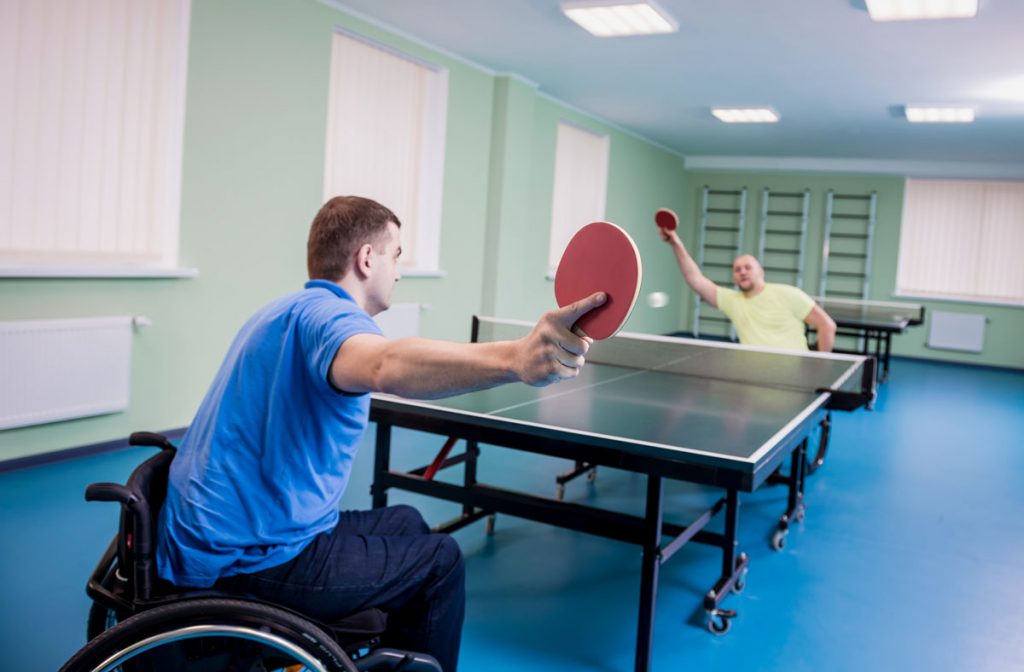The 9-Minute Rule for Dementia Fall Risk
The 9-Minute Rule for Dementia Fall Risk
Blog Article
Little Known Questions About Dementia Fall Risk.
Table of ContentsExamine This Report on Dementia Fall RiskExamine This Report on Dementia Fall RiskThe Greatest Guide To Dementia Fall RiskUnknown Facts About Dementia Fall RiskThe 2-Minute Rule for Dementia Fall Risk
Based on signs and signs, such as proof of head injury or a brand-new focal neurologic shortage, computed tomography or MRI of the mind might be suggested. An analysis for reasons of syncope need to be conducted only if there is strong suspicion, as when it comes to recurring, inexplicable drops
Medical care carriers make use of an autumn risk assessment to recognize your danger elements for falling and make helpful recommendations. A loss threat evaluation is important due to the fact that knowing which variables enhance your opportunities of falling aids you: Reduce your threat of falling or injuring yourself.
Maximize your ability to move and be energetic. Preserve a healthy, independent life. All adults 65 years and older must have a preliminary loss threat testing. Your doctor might ask you whether you: Feel unsteady when standing or walking. Have fallen in the previous year. Fret about dropping. If you address yes to any one of these questions, your healthcare company will certainly advise an added, more complete evaluation.
A Biased View of Dementia Fall Risk

, and goals especially tailored to people who are at threat for drops. A is defined as an occasion that results in a person coming to relax unintentionally on the ground or floor or various other lower degree (WHO, 2021).
According to the Centers for Disease Control and Avoidance (CDC),, causing over 34,000 fatalities for that age group. Dropping is the second leading reason of death from unintentional injuries internationally. Death from drops is a major and native to the island problem amongst older people. It is estimated that autumn death prices in the united state

Annually, over 800,000 people are hospitalized as a result of falls. Registered nurses play a major function in avoiding succumbs to their people through education and learning, evaluating loss risk, producing more secure environments, and giving treatments in stopping injuries from drops. Numerous risk factors and conditions add to drops, consisting of the following:. Aged 65 years and older; lower limb prosthesis; usage of assistive tools such as pedestrian, More hints crane, and learn this here now wheelchair; living alone.
Client will show careful prevention measures. Individual and caretakers will implement approaches to increase safety and security and prevent falls in the home. Falls are due to several factors, and a holistic approach to the individual and setting is necessary. Suppose an individual is taken into consideration at high threat for drops after the screening.
Examine This Report about Dementia Fall Risk
A calls for using a verified device that scientists have analyzed to be beneficial in calling the reasons of falls in an individual. The degree of autumn threat can be determined using the assessment of innate and external variables.
People are extra most likely to drop once more if they have actually sustained one or more falls in the previous 6 months. The older populace is at boosted danger of fall-related readmissions based on a research determining the aspects predictive of repeat falls associated end results great post to read (Prabhakaran et al., 2020).
In addition, complication and impaired judgment increase the patient's opportunity of falling. The ability of individuals to shield themselves from falls is affected by such variables as age and growth. Older people with weak muscles are extra likely to fall than those that preserve muscle toughness, versatility, and endurance. These changes consist of decreased aesthetic function, damaged shade understanding, modification in center of mass, unsteady gait, reduced muscle mass toughness, decreased endurance, modified depth perception, and delayed response and reaction times.
Facts About Dementia Fall Risk Revealed
Less contrast sensitivity was rather related to both increased rates of falls and other injuries, while reduced aesthetic skill was just related to raised autumn rate (Wood et al., 2011). Sensory understanding of ecological stimulations is extremely important to safety. Vision and hearing impairment limit the client's capability to view threats in the environments.
Older grownups that have bad equilibrium or problem walking are most likely to fall. These problems might be connected with absence of workout or a neurological cause, arthritis, or other clinical problems and treatments. An essential risk factor highlighted in a research is that grownups with rheumatoid arthritis are at high threat of drops, including swollen and tender reduced extremity joints, tiredness, and use of psychotropic medications (Stanmore et al., 2013).
Report this page